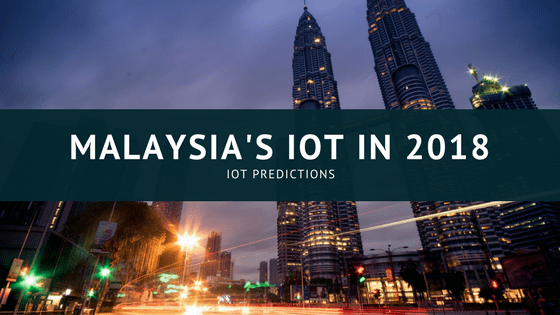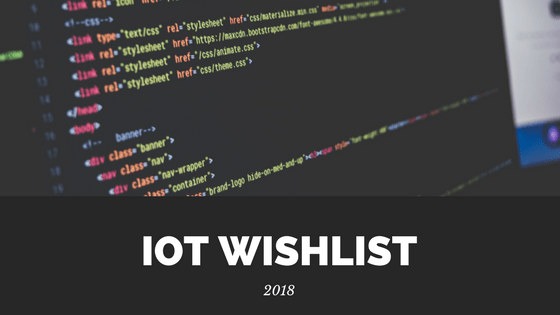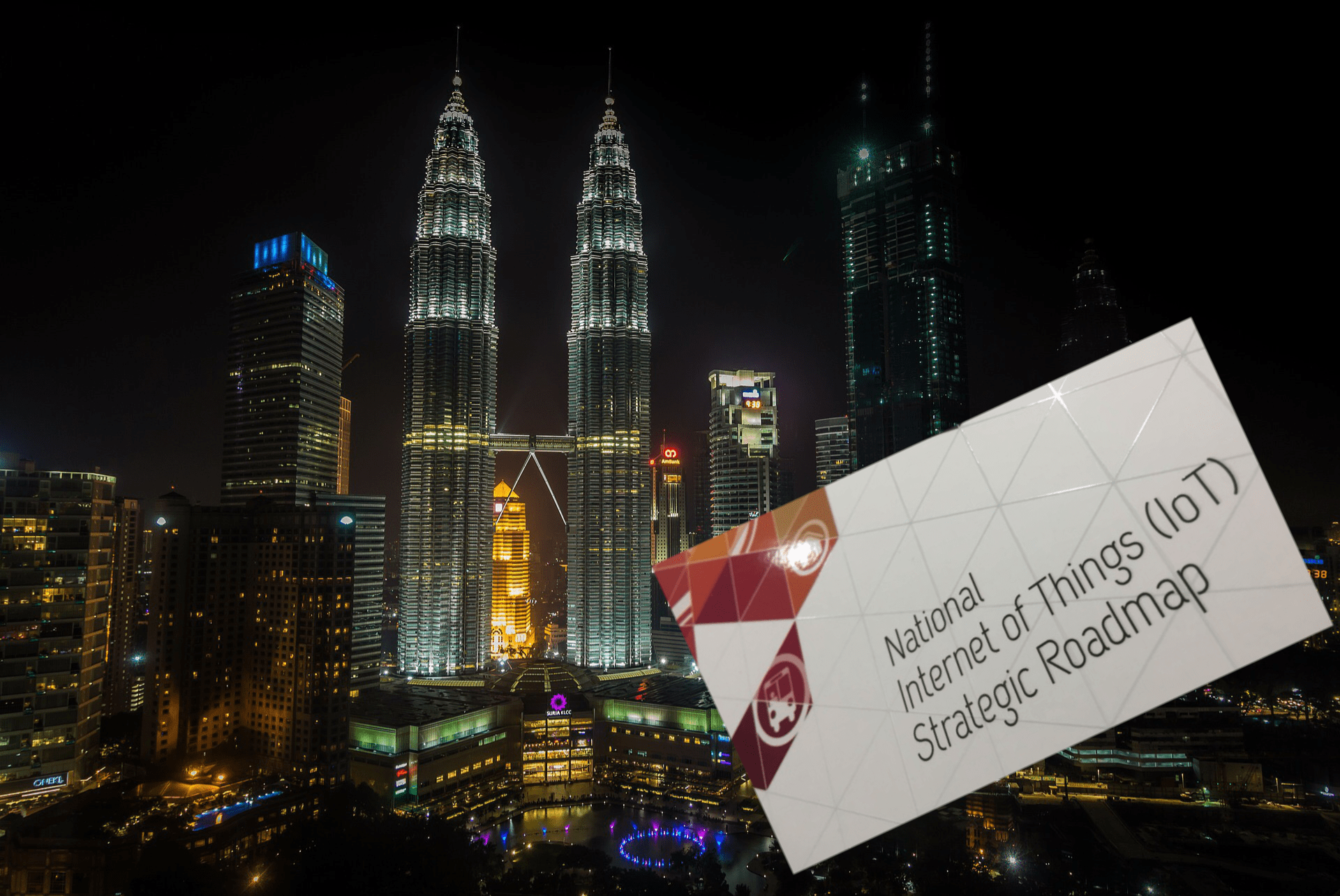IoT Predictions – Malaysia’s IoT in 2018
December 14th, 2017 Posted by favoriotadmin IOT PLATFORM 0 thoughts on “IoT Predictions – Malaysia’s IoT in 2018”
Malaysia’s IoT Prediction
This will be my personal view regarding IoT in Malaysia for 2018. It’s now the end of the year 2017 and much has been said about IoT in Malaysia. In fact, my IoT related talks for this year reached the highest i.e. 32 Talks as Keynote, Invited Speakers, Invited Lectures, etc (not including as Panel moderator). Even the conference theme on Industrial Revolution 4.0 has superseded Smart Cities themes. You can take a look at what has happened in 2017 in my previous article “IoT in Malaysia – 2017 In Review“. What do we have in store for 2018? Here’re some of my predictions:
- IoT will take a back seat to make way for IR 4.0 – Malaysia is now harping on a new theme i.e. “4th Industrial Revolution“. Mainly due to the nation’s interest in developing a new Blueprint/Framework and was allocated a budget as announced in Malaysia’s 2018 Budget recently. Of course, Industrial Revolution needs to be taken seriously. Many companies can become obsolete if they are not aware or not ride the same wave. In many cases, the SMEs in the rural area are still at Industrial Revolution 2.0. Not many have adopted ICT (except marketing online) but not their operations. IR 4.0 comprised of several important technologies such AI, VR, 3D, Robotics, BDA, and IoT. It will be a mistake if they ignore IoT as part of the equation.
- Year of Education and Talent Development – As much as we want to jump into the running train and enter the IR 4.0 by leaps and bound, without the right talent, we can’t go much further. Education is key and preparing for the Jobs of the Future is also key. We must quickly refresh contents in the University. It seems approval process for the IPTA (Public Universities) is much slower than the IPTS (Private Universities). We do not deny to have strong fundamentals but we need to quickly update and upgrade with tools and technology. We need to reduce the talent gap between what’s required by the industry and what was produced by the Universities.
- IoT Entrepreneurs Will Mushroom – Gartner predicts that by 2017, 50 percent of IoT solutions (typically a product combined with a service) will originate in startups that are less than three years old. Malaysia also have their own IoT Ecosystem. Even the Science, Technology and Innovation Minister Datuk Seri Wilfred Madius Tangau urged the public to support local entrepreneurs, stating that confidence needs to start from home before going global. The recent Global Entrepreneurship Community (GEC) Summit, proves that the Malaysians are eager to become Job Creators. We need to nurture and support them. Think Malaysian product/technology first, give them the opportunity to trial. Provide them with funds to ease their pain of entry to the market and giving them a longer runway to sustain before real market traction.
- From Product-based to Service-based to Outcome-based Business Model – It’s not going to be selling silo products based on its features. It’s no longer about subscription-based or pay-per used based. We will see the full strength of IoT when it can develop an Outcome-Based Business Model whereby we pay the services based on the outcomes such as an increase in new revenue streams, costs savings, customer loyalty, new creative products developed etc. (Note: This topic will be covered in detail in the future article).
- IoT Will Focus on Transportation, Insurance, and Health – We will see Startups such as Katsana, REKA and Jom Parking in providing creative IoT solutions for Transportation segment. Favoriot, Teleme, GetDoc, and Doctor2U are startups that will focus on Health and Insurance too. There’s going to be many more Malaysian IoT startups that are eager to offer their solutions for Malaysia market or globally.
About the Author
Dr. Mazlan Abbas the Co-Founder of FAVORIOT Sdn Bhd. He is an IOT Evangelist and a Thought Leader. He received an award as 50 Most Impactful Smart Cities Leaders by World CSR 2017. He is ranked No. 20th Thought Leader in IOT by 2014 Onalytics Report – “The Internet of Things – Top 100 Thought Leaders”, ranked Top 10 in IoT Top 100 Influencers by Postscapes 2016/2017, ranked Top 100 in Smart Cities Top Experts by Agilience Authority Index May 2016. You can reach him on LinkedIn or Twitter.
Check all his presentation slides HERE.

